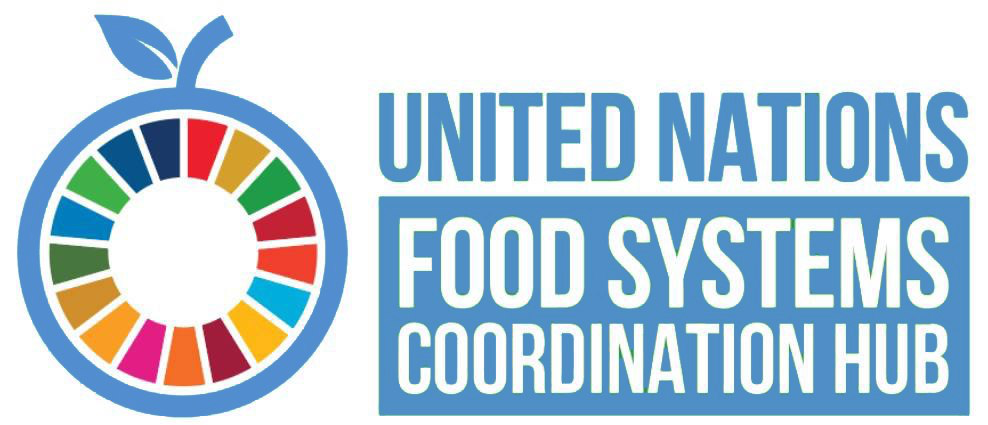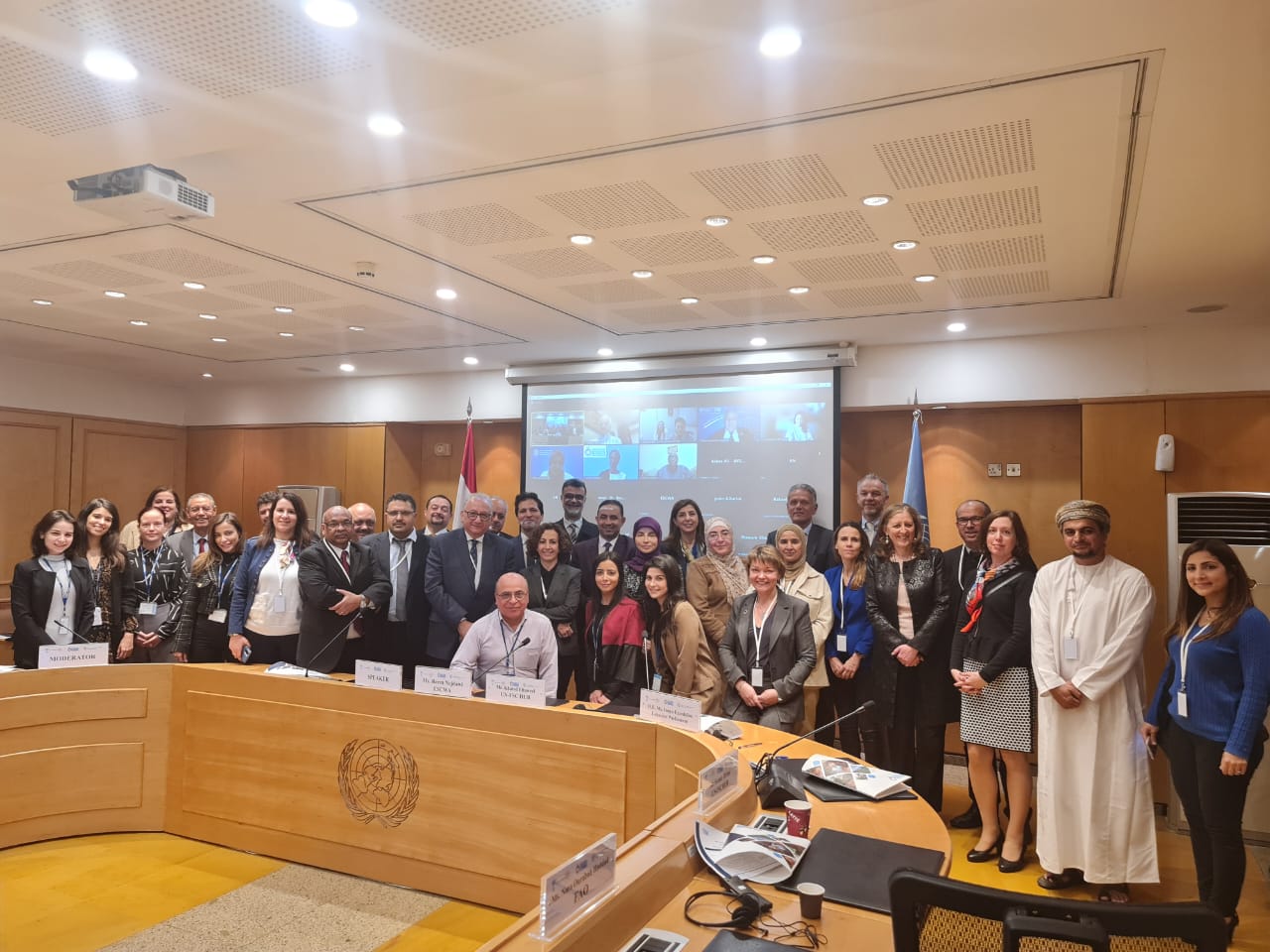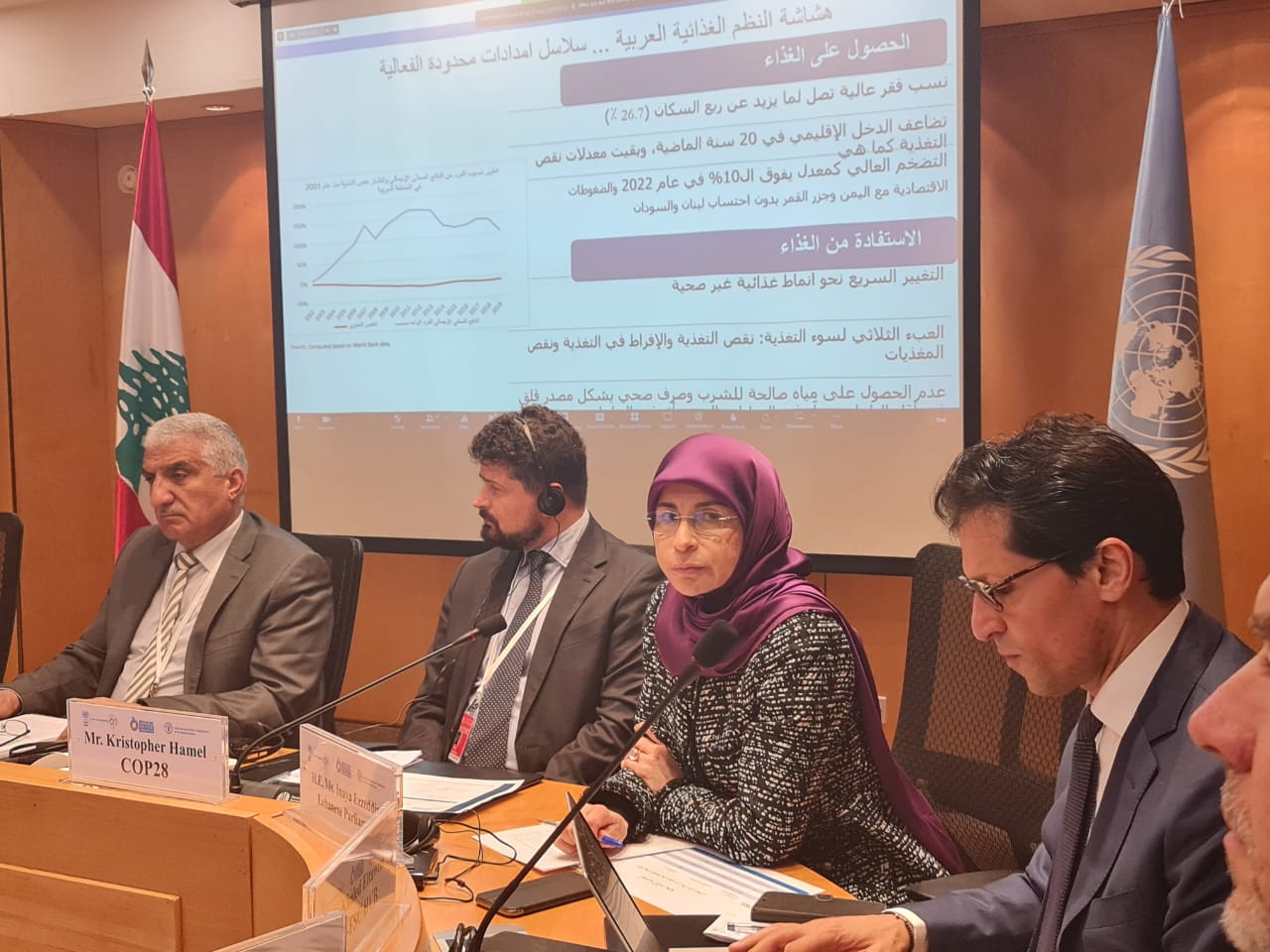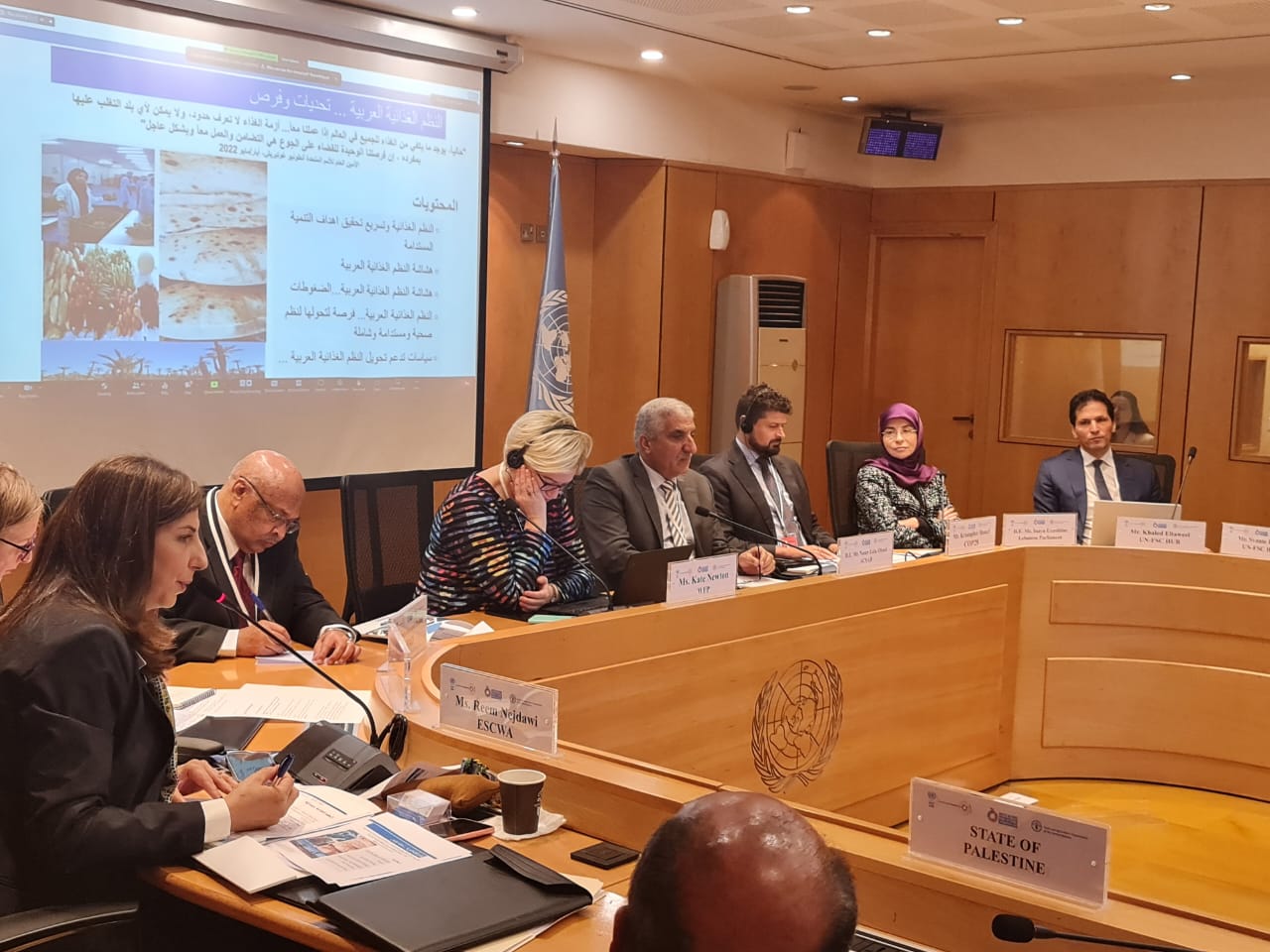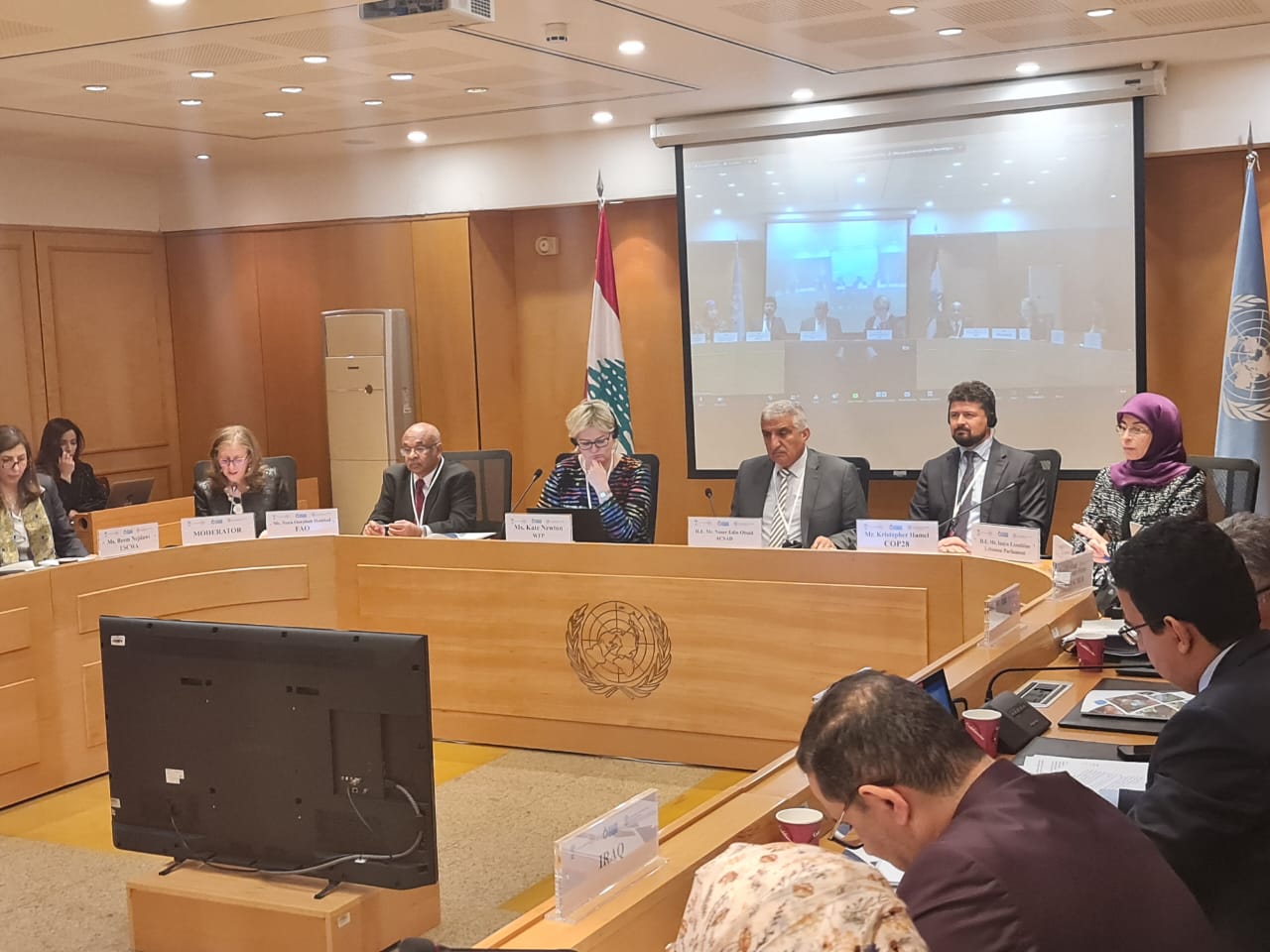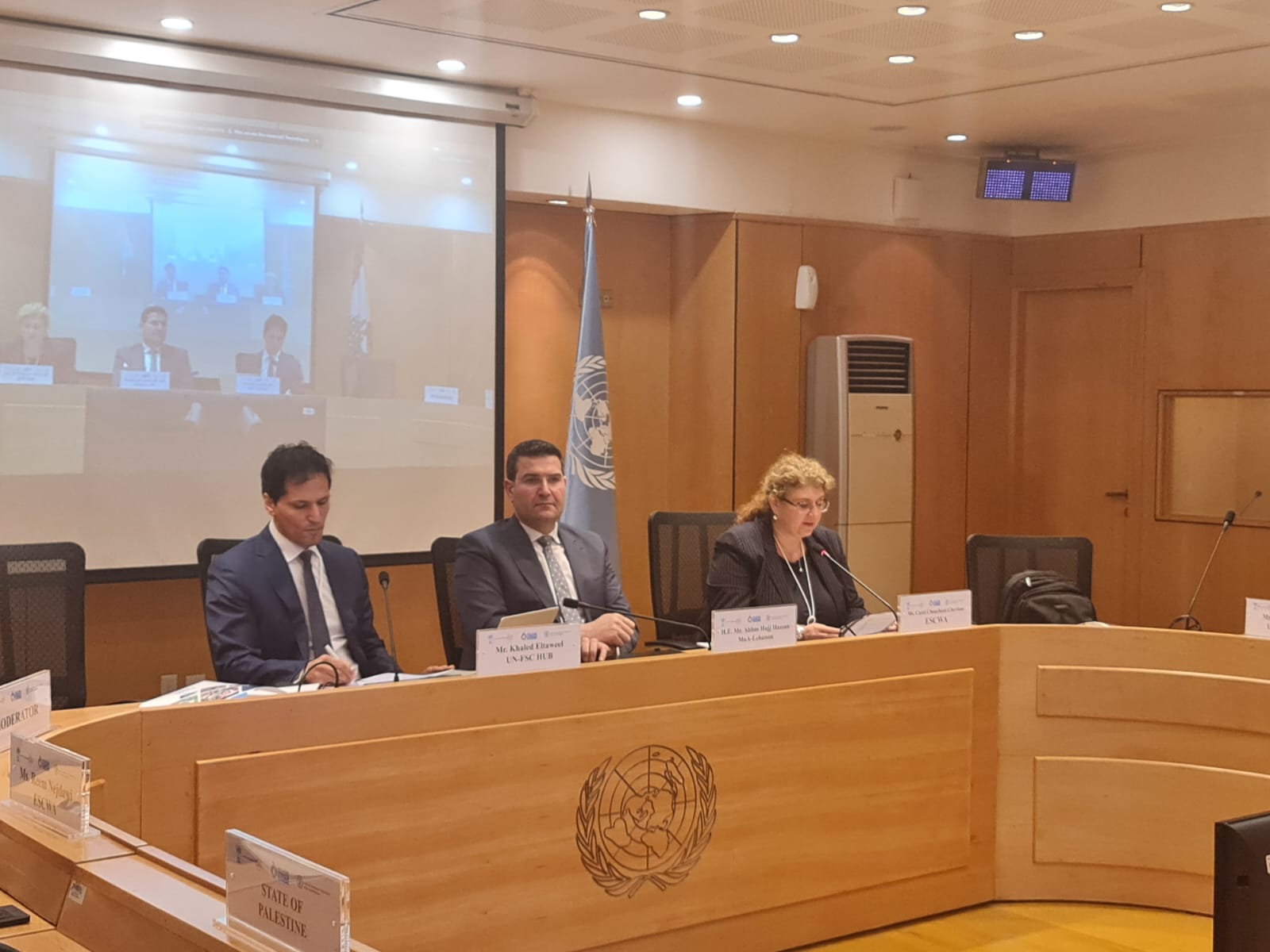The United Nations Food Systems Coordination Hub is holding an Arab regional meeting in preparation for the first global Food Systems Stocktaking Moment (STM) in 2023.The preparatory meeting will be held a day prior to the Arab Forum for Sustainable Development.
The meeting is organized in cooperation with ESCWA, the United Nations Development Coordination Office (DCO), the Regional Offices of the Food and Agriculture Organization (FAO) and other United Nations agencies, as well as key regional organizations, including the League of Arab States and the Arab Organization for Agriculture Development (AOAD).
Participants report and exchange views on the progress made in implementing their countries’ food system transformations since the Food Systems Summit in 2021. They outline priority actions towards accelerating those transformations in support of the achievement of the 2030 Agenda. The meeting concludes with key messages that will serve as the collective regional input to the 2023 STM.
